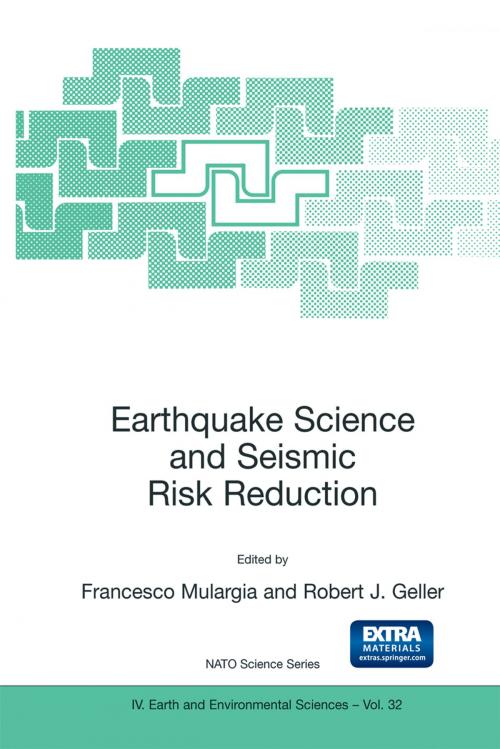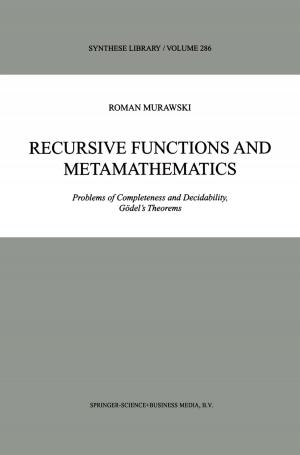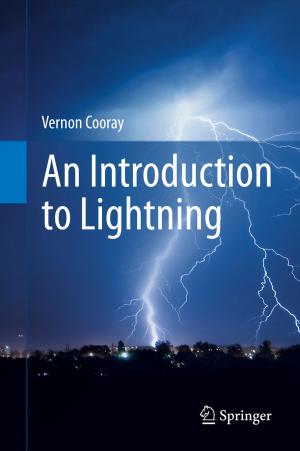Earthquake Science and Seismic Risk Reduction
Nonfiction, Science & Nature, Science, Earth Sciences, Geophysics, Physics, General Physics| Author: | ISBN: | 9789401000413 | |
| Publisher: | Springer Netherlands | Publication: | December 6, 2012 |
| Imprint: | Springer | Language: | English |
| Author: | |
| ISBN: | 9789401000413 |
| Publisher: | Springer Netherlands |
| Publication: | December 6, 2012 |
| Imprint: | Springer |
| Language: | English |
What is the first thing that ordinary people, for whom journalists are the proxy, ask when they meet a seismologist? It is certainly nothing technical like "What was the stress drop of the last earthquake in the Imperial Valley?" It is a sim ple question, which nevertheless summarizes the real demands that society has for seismology. This question is "Can you predict earthquakes?" Regrettably, notwithstanding the feeling of omnipotence induced by modem technology, the answer at present is the very opposite of "Yes, of course". The primary motivation for the question "Can you predict earthquakes?" is practical. No other natural phenomenon has the tremendous destructive power of a large earthquake, a power which is rivaled only by a large scale war. An earth quake in a highly industrialized region is capable of adversely affecting the econ omy of the whole world for several years. But another motivation is cognitive. The aim of science is 'understanding' nature, and one of the best ways to show that we understand a phenomenon is the ability to make accurate predictions.
What is the first thing that ordinary people, for whom journalists are the proxy, ask when they meet a seismologist? It is certainly nothing technical like "What was the stress drop of the last earthquake in the Imperial Valley?" It is a sim ple question, which nevertheless summarizes the real demands that society has for seismology. This question is "Can you predict earthquakes?" Regrettably, notwithstanding the feeling of omnipotence induced by modem technology, the answer at present is the very opposite of "Yes, of course". The primary motivation for the question "Can you predict earthquakes?" is practical. No other natural phenomenon has the tremendous destructive power of a large earthquake, a power which is rivaled only by a large scale war. An earth quake in a highly industrialized region is capable of adversely affecting the econ omy of the whole world for several years. But another motivation is cognitive. The aim of science is 'understanding' nature, and one of the best ways to show that we understand a phenomenon is the ability to make accurate predictions.















